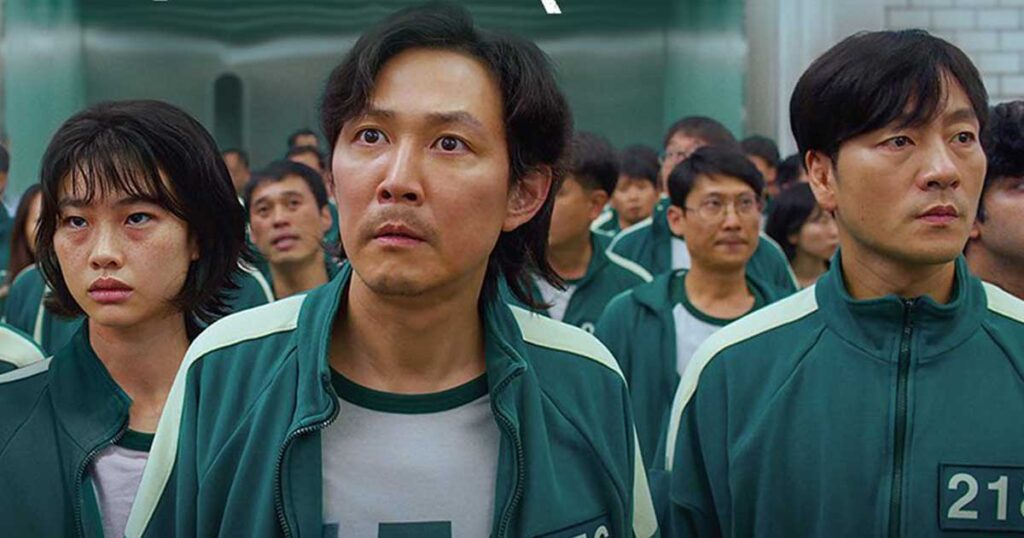Squid Game didn’t just spring into existence like a pop-up ad; it’s a wild saga that took over a decade to unfold! This mind-bending thriller, where desperate folks wager their lives in twisted children’s games for a shot at a hefty cash prize, took the world by storm. But before it was a Netflix sensation, creator Hwang Dong-hyuk struggled to make it happen.
Hwang Dong-hyuk: The Man Behind the Mayhem
Picture this: it’s 2008, and Hwang Dong-hyuk’s wandering comic book stores, dreaming big. “The year 2008 was right after my debut. That was a time when I frequented comic book stores… I thought about creating something like a comic book story in Korea.” By 2009, he wrapped up the script, but instead of rolling cameras, he hit a brick wall. Oof! Industry insiders deemed it “too complex and not commercial.” Talk about a plot twist!
Fast forward through years of successful films like Silenced (2011) and Miss Granny (2014), and Hwang was still sitting on his golden idea, gathering dust. “I dabbled in it for about a year, but I had to put it to sleep then.” A decade later, Netflix swooped in like a superhero, giving Hwang the green light to turn his wild dreams into reality. “Thanks to Netflix, there was no limit, and I was given creative freedom to work as I wanted to.” And just like that, Squid Game was back in the game!
A Visual Playground of Nightmares
Let’s talk aesthetics! Squid Game is a visual feast that’s as shocking as beautiful. Think candy-colored sets that scream fun but hide a sinister truth. Art director Chae Kyoung-sun spilled the beans: “We created the places and displays trying to make the viewers think about the hidden intentions of Squid Game with us.” It’s like stepping into a twisted theme park where the rides could cost you your life!
And those childhood games? Hwang chose them carefully. The first one, Red Light, Green Light, takes innocent nostalgia and twists it into a horror show. A robot that looks straight out of a textbook is the harbinger of doom. “I tried to stimulate the atmosphere of real playgrounds so that the actors can feel like they’re doing something in there,” he said. This attention to detail transforms sets into battlegrounds of emotions, making every high-stakes moment feel palpable.
One of the most mind-blowing sets? A spot-on recreation of 1970s and 80s Korean neighborhood alleyways. Actor Park Hae-soo was awestruck, saying, “The playground felt so real… It created a strange nostalgia and an odd tension.” It’s like being transported back in time, only with life-or-death stakes—yikes!
More Than Just a Game: An Allegory of Society
Now, let’s dive into the meat of the matter: the human element. The series shows adults revisiting childhood games, exploring how we change from innocent kids to cutthroat competitors. Hwang aimed to craft “an allegory or fable about modern capitalist society,” portraying “an extreme competition, somewhat like the extreme competition of life.” But fear not! There’s still a glimmer of hope amid the chaos.
Hwang nailed it by fusing universal themes with uniquely Korean elements. He said, “As a survival game, it is entertainment and human drama.” That blend hits home for viewers worldwide, turning Squid Game into a cultural phenomenon that sparks conversations about humanity and desperation.
Follow Koimoi for more such updates.
Must Read: The Krazy Side of K-Pop: Exploring When Fans Cross the Line from Support to Obsession
Follow Us: Facebook | Instagram | Twitter | Youtube | Google News

